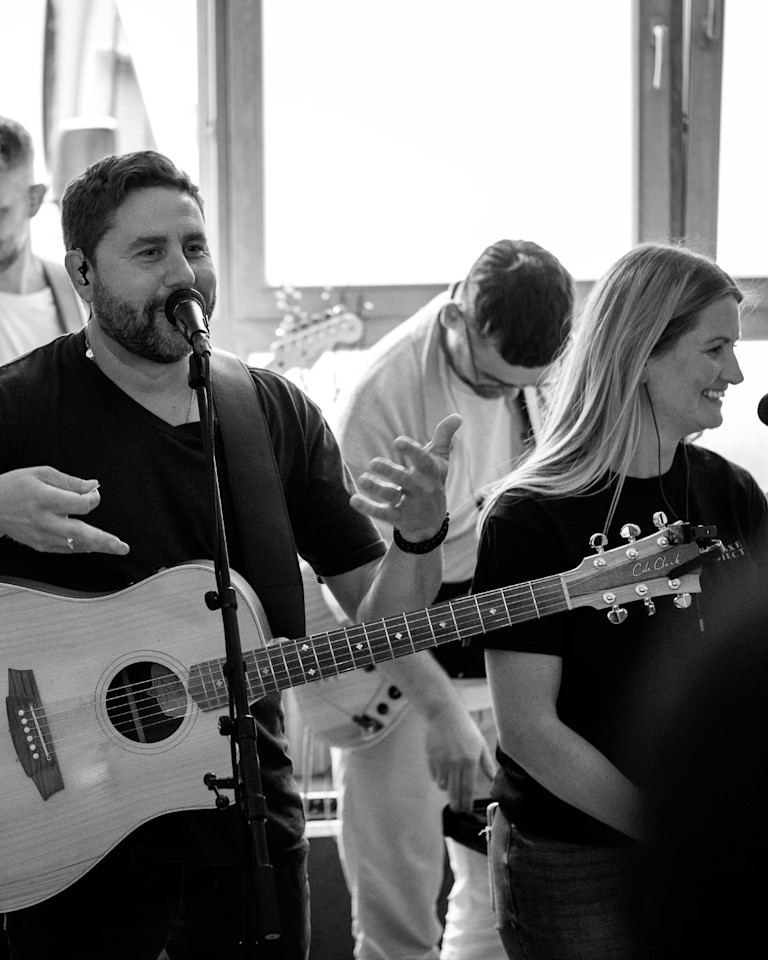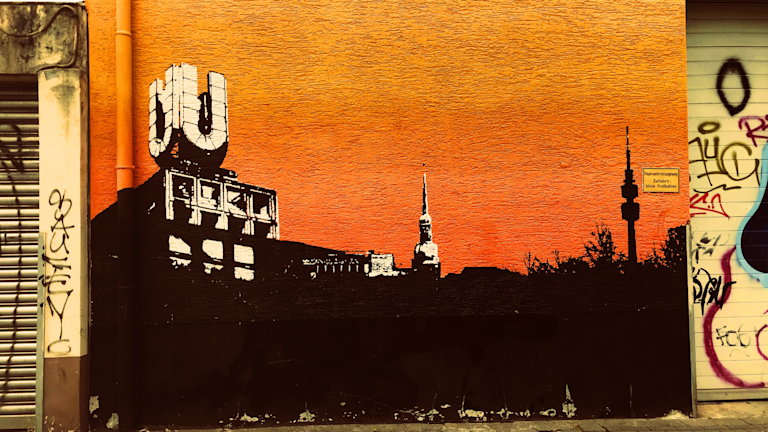
In February 2019, Alex and Carla Suderman moved with their family to Dortmund, Germany from Kitchener, Ontario in Canada.
They are involved in church planting and collaborative projects that bring people together with the vision to "break ground for new life." With friends from Dortmund, they started the Pickaxe Collective.

They partner with Multiply, the global mission agency of the Mennonite Brethren conference. They helped to plant a new church in the north end of Dortmund, called PräsentKirche.

Creative Cultural Engagement
We live in a complex, technologically interconnected world with a plethora of voices in what the German Philosopher, Nietzsche, called “the marketplace" of ideas (Thus Spoke Zarathustra). Contrary to his advice to “flee the marketplace,” however, we will seek to engage it in hope.
The writings, music, and various artistic expressions in this project derive from a prayerful reflection on the scriptures. As the Swiss theologian Karl Barth wrote, we have discovered the “strange world within the Bible” (The Word of God and the Word of Man).
This story still captures the imagination, and in it we see God’s redemptive vision for the world, especially in Jesus.
Gospel Renewal
In the biblical imagery from Genesis to Revelation, we see that the Spirit is preparing the ground for the garden city of God (Revelation 21-22), uniting people from diverse ethnic backgrounds to be one in Christ: a new people, a new creation.
This vision fits with Dortmund, a multicultural, post-industrial city once economically driven by coal and steel. The pickaxe and shovel were essential tools in this city for mining, as well as for forging a new canal that would link the city to the sea.
Dortmund was once one of the most polluted cities in Germany. It is now one of the greenest - filled with trees and parks - and we believe even deeper transforming is coming. - Alex Suderman, Ph.D
